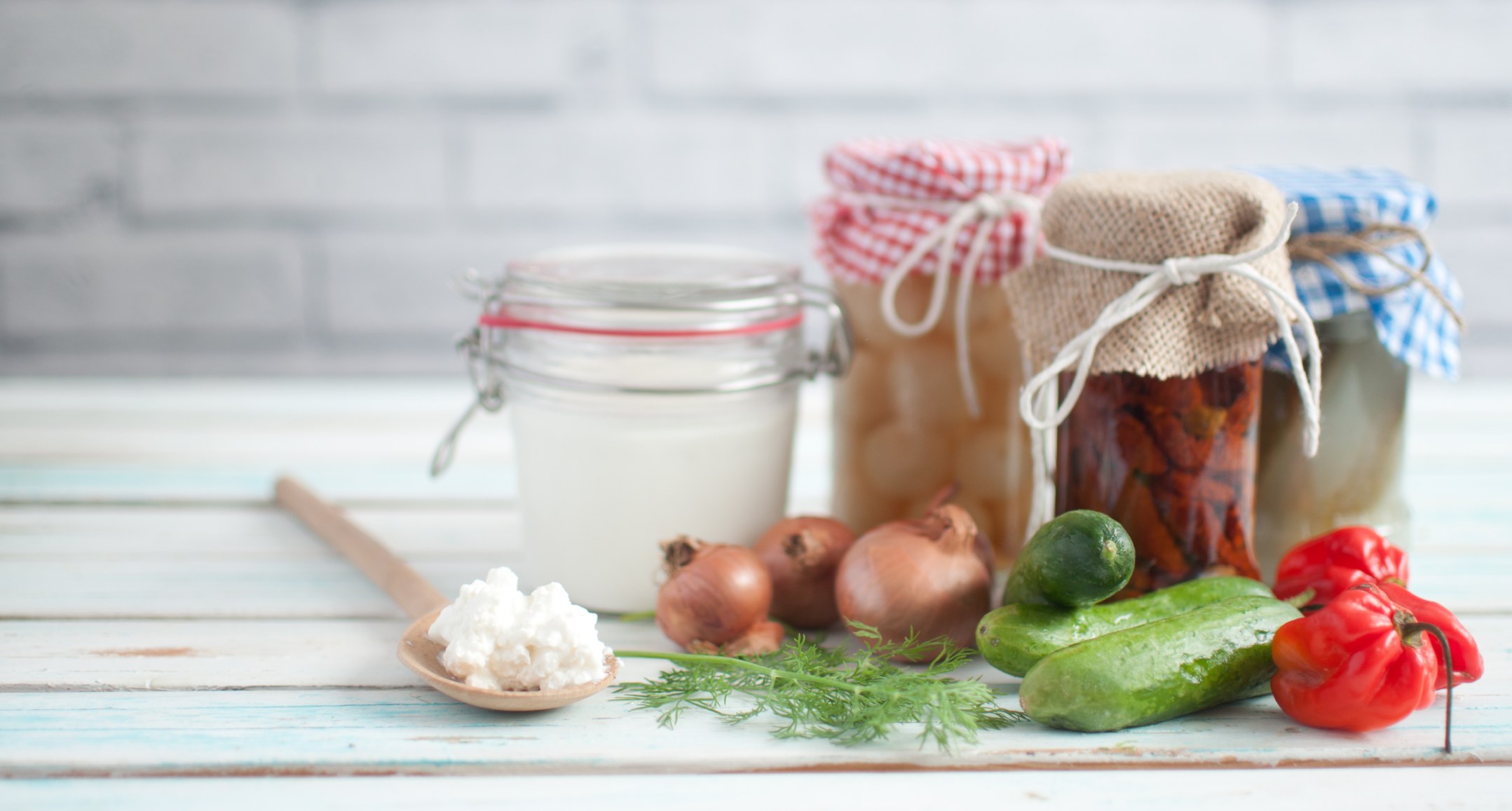Most of us would probably still remember when in childhood we were sick with a stomach bug, and grandma kept telling us to eat yogurt to quickly recover. That old remedy did work, science says. Fermented foods, like yogurt, traditionally present for centuries in our diets, help us stay healthy. How? Taking care of our gut microbiota that, in return, take good care of us.
“When you were ill, your gut microbiota was out of kilter. Moreover, if you had taken antibiotics, your gut microbiota had actually been completely altered, leaving an empty space in your intestine that could be filled with pathogenic bacteria. And here comes the yogurt, filling those empty spaces with something that helps restore your own [good] bacteria”, says Italian microbiologist Lorenzo Morelli, a researcher at the Institute of Microbiology at the Università Cattolica del Sacro Cuore (Milan, Italy).
Fermented foods contribute to protecting our gut microbiota and support our efforts to stay healthy
Morelli has a deep vision on that symbiotic relationship between fermented foods and health. He has been studying for more than two decades the use of beneficial bacteria or probiotics, present naturally in fermented foods, as an alternative to medicines first for animals and later for humans.
“Although people generally tend to think about bacteria as something dangerous or related to pathological conditions, most of them are useful for our health and our lives. For instance, the bacteria that inhabit our gut—our gut microbiota—help us digest some food such as fibers, which we would otherwise not be able to digest”, he highlights.
“They also have a very good relationship with our immune system and train it to respond to potential pathogens. These probiotics or beneficial bacteria also play a role in the intestine as the second brain.”, adds this expert, who took part in the last Gut Microbiota for Health World Summit, held in Rome, where we could interview him.
Fermentation is a process that transforms raw materials, offering a natural environment for bacteria to thrive
These beneficial bacteria Morelli talks about during the past hundreds of years humans would find them in fermented foods, like yogurt, which were a key part of the traditional daily diets. In fact, fermentation is a natural and ancestral transformation process of raw ingredients that provide a natural environment for bacteria to thrive alive.
The problem is, alerts Morelli, “we now eat fewer fermented foods as we use more pasteurization, sterilization, preservatives and so on”. So, living bacteria are mostly set aside, although still can be found in fermented milk and in some traditional kinds of vegetable preparation.
Taking into account that the best way to provide live beneficial bacteria to our body is through diet, Morelli has studied how some foods are better vehicles to deliver those bacteria to our guts than others. The thing is that to provide any health benefit in the gut, probiotics need to survive the acids in the digestive process and be still alive when reaching the lower digestive tract.
It is true that the bolus allows probiotics to transit through the acidic environment. But “we know some foods protect the bacteria and support them during the transit [from your mouth to your intestine]”. It’s the case of the yogurt: it blocks gastric acidity an, thus, increases the chance of survival of bacteria during its transit through the stomach. It’s a good travelling companion for the probiotics, because they can survive and arrive alive to their action place.
So yes, your grandma—a fount of wisdom—was completely right. Some fermented food a day will take good care of your microbiota and keep the doctor away.


